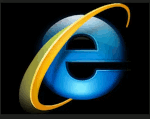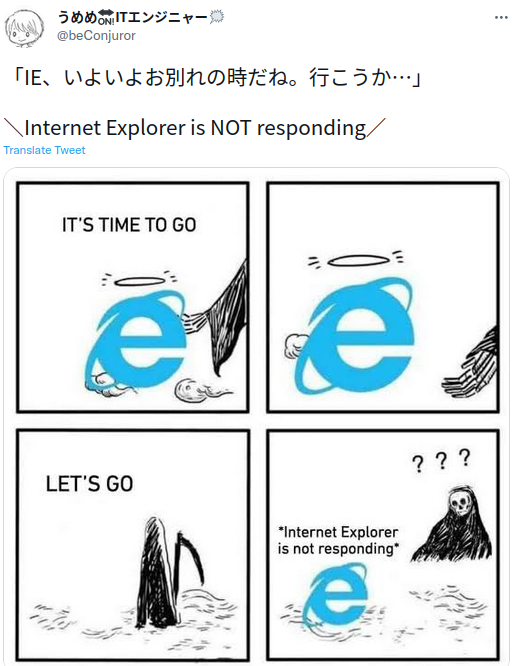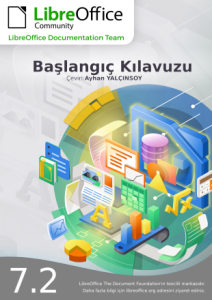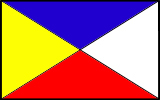Fedora Project wants to ban CC0 licence for software
The CC0 Creative Commons licence exempts work form copyright claims, but does not exclude patent claims; and this presents a problem for free and open source software, as German IT news site heise reports.
![]() The Fedora Project would like to remove the Creative Commons Zero (CC0) licence from the list of permitted software licences, as Richard Fontata from the Fedora Legal Documentation Team wrote in a post to the Fedora mailing list. The reason for the change is that the Fedora Project has agreed that software under a licence which does not exclude patent claims cannot be regarded as free and open source software (FOSS).
The Fedora Project would like to remove the Creative Commons Zero (CC0) licence from the list of permitted software licences, as Richard Fontata from the Fedora Legal Documentation Team wrote in a post to the Fedora mailing list. The reason for the change is that the Fedora Project has agreed that software under a licence which does not exclude patent claims cannot be regarded as free and open source software (FOSS).
![]() The Creative Commons Zero (CC0 1.0) licence is the most liberal Creative Commons licence. It places works in the public domain, with the copyright holder waiving all copyright and related rights worldwide insofar as this is legally possible. However, the patent or trade mark rights of any party are specifically not affected by CC0, so it is thus possible to place works subject to patent rights under CC0.
The Creative Commons Zero (CC0 1.0) licence is the most liberal Creative Commons licence. It places works in the public domain, with the copyright holder waiving all copyright and related rights worldwide insofar as this is legally possible. However, the patent or trade mark rights of any party are specifically not affected by CC0, so it is thus possible to place works subject to patent rights under CC0.
Patents against open source
In the 2000s various companies, including Microsoft, have attempted to asset patent claims against Linux and open source software. The Open Invention Network (OIN), whose members mutually waive all patent claims against one another, came into existence as a response to these moves.
Furthermore, in the open source world, there is the risk that companies could release code which is protected by that company’s own patents. If other developers use this code, they are unwittingly exposed to the risk of patent lawsuits. There is therefore widespread agreement in the FOSS world that open source licences must explicitly exclude the possibility of patent claims by the author*.
In its permitted licences list the Fedora Project distinguishes between licences for software, content, documentation and fonts. CC0, which was previously listed as a permitted licence for software and content, will in future only be allowed for content. According to Fontana, it still has to be clarified whether any program packages will be affected by this change.
*= for intellectual property purposes software is regarded as a work of literature.
 Two days ago (and not before time. Ed.)
Two days ago (and not before time. Ed.) 


 Klingon is of course well known to lovers of the US science fiction Star Trek media franchise created by Gene Roddenberry as the language of the alien race of the same name and created by US linguist
Klingon is of course well known to lovers of the US science fiction Star Trek media franchise created by Gene Roddenberry as the language of the alien race of the same name and created by US linguist  Interslavic is a pan-Slavic auxiliary language whose purpose is to facilitate communication between people from different Slavic nations, as well as allowing those who do not know any Slavic language to communicate with Slavs by being understandable to most, if not all Slavic speakers without them having to learn the language themselves.
Interslavic is a pan-Slavic auxiliary language whose purpose is to facilitate communication between people from different Slavic nations, as well as allowing those who do not know any Slavic language to communicate with Slavs by being understandable to most, if not all Slavic speakers without them having to learn the language themselves. After many iterations and amendments, the European Parliament adopted the Digital Markets Act (DMA) by 642 votes in favour, 8 votes against and 46
abstentions, the
After many iterations and amendments, the European Parliament adopted the Digital Markets Act (DMA) by 642 votes in favour, 8 votes against and 46
abstentions, the  This year’s LibreOffice Conference will open at noon CEST on 23rd September and will conclude at 5:30p.m. CEST on 25th September.
This year’s LibreOffice Conference will open at noon CEST on 23rd September and will conclude at 5:30p.m. CEST on 25th September. Way back in 2001, the prescient souls who established the Free Software Foundation Europe foresaw that people should be in control of technology and not vice versa.
Way back in 2001, the prescient souls who established the Free Software Foundation Europe foresaw that people should be in control of technology and not vice versa.
